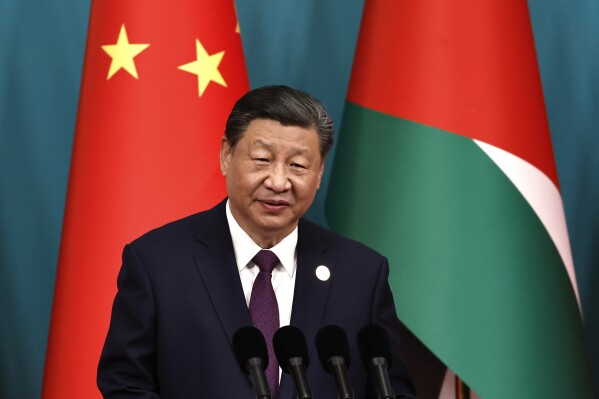Bitcoin environmental expert Daniel Batten has disclosed that the act of Bitcoin mining in China was never formally prohibited, despite the prevalence of rumors suggesting otherwise.
According to Batten’s study, the “ban” was a temporary cessation, and mining operations have mostly recommenced. China presently accounts for around 15% of the worldwide total hashrate, which is a measure of the processing power used in Bitcoin mining.
This statement contradicts the claims from May 2021, whereby news outlets alleged a comprehensive suppression of crypto transactions and mining by the Chinese government. Batten contends that the decline in hashrate was transitory, drawing a parallel between it to a student’s suspension rather than expulsion.
According to Cambridge data, mining activity has recovered to 19.1% of the global hashrate by December 2021. Chinese mining corporations have made it clear that they are open to small-scale operations that are productive and not involved in capital flight from China.
China has found creative applications for Bitcoin mining, such as using unused renewable energy and repurposing excess heat. Provincial governments often provide assistance to small-scale enterprises that promote local energy solutions while adhering to financial limits.
Batten asserts that Western media has mostly distorted these dynamics, maintaining a fallacious narrative on China’s position on Bitcoin mining. Jaran Mellerud, a representative from Hashlabs, agrees with this perspective, highlighting that large-scale miners continue to operate in China due to the economic need for local governments.
These results question the way mainstream media presents China’s policy and emphasize a consistent misconception in reporting on global Bitcoin mining laws.
Last year, Coinbase exchange CEO Brian Armstrong criticized US lawmakers and regulators over their approach to bringing “regulatory clarity” to crypto in an opinion article published on Tuesday.



